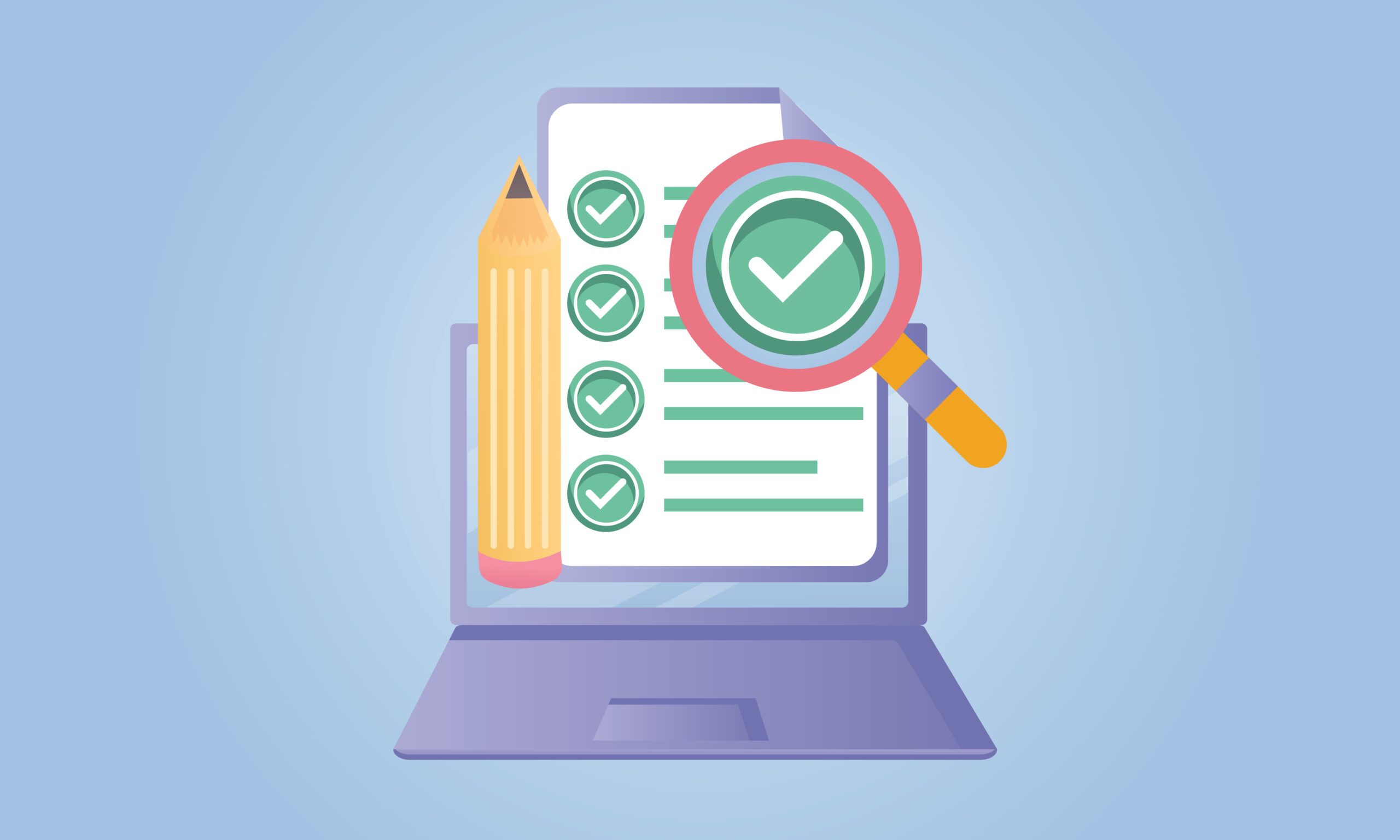How To Prepare for Being a Volunteer in a Clinical Study?

How To Prepare for Being a Volunteer in a Clinical Study?
You’ve completed the medical screening for a study and have received a call from us informing that you have a subject number. Our coordinators will restate your clinic check-in time & day, and remind you of the study restrictions.
Whether this is your first or tenth study, it can feel overwhelming to prepare for check-in day. We’ve created this guide to assist you! Here are some pointers to help you prepare before the study starts.
1. Review Subject Information Package and Consent Form
Every volunteer receives a signed copy of their Informed Consent Form (ICF) and Subject Information Package in the screening appointment. These documents contain details about the medication that will be given in the study, the schedule and compensation. It will also have information on study restrictions or requirements that all participants must adhere to for around two weeks before the study starts.
While you will be going through these documents with our staff in screening, you may also call our recruiters to clarify any details that you’re still unclear about afterwards. As a participant, it is important to be aware of the studies you are participating in and be informed about the study drug, possible side effects and study activities like blood draws or vital checks.
Another important task is to review the study schedule including check-in and check-out times, overnight stays in the clinic and timings for return or follow-up visits. You will need to confirm that you are still able to make it for all of the dates of the study, within the intended timeframe. In the event of illness, changes in work schedule or other personal reasons, volunteers must inform us immediately if they are no longer able to make the study dates required.

2. Follow Clinical Study Restrictions
Every study comes with some restrictions volunteers must adhere to in order to continue. These are usually foods or activities they must avoid right before the study starts, and for the duration of the clinical study. There is a core list of restrictions that are commonly observed across all studies. The reason for these requirements are to minimize the risk of reaction with the study drug, or changes in physiological processing that could affect study drug absorption and metabolism.
- No alcohol, poppy-seeds and caffeine 48 hours before study drug administration.
Why? These compounds can be pharmacoactive and affect the body’s physiological response. Alcohol is a central nervous system depressant, while Methylxanthines found in chocolate or caffeinated products are stimulants. Both can affect your heart rate and blood pressure, which are main data points that we collect throughout the study. Poppy-seeds are not pharmacoative but can show up as positive for opioids during our urine sample tests, as they can contain trace amounts of opiate residue even after processing for consumption.
- No exercise or strenuous physical activity 72 hours before study drug administration
This one may sound counterintuitive, but it is actually not recommended to exercise before or during your study visits. While it is true that physical activity is essential in maintaining your health and wellbeing in the long run, short-term effects of exercise on your physiology can distort blood test results. It can lead to increased levels of urea and creatinine kinase which can be confused with signs of poor kidney function. It can also affect your cholesterol and blood sugar levels, making it hard to determine what your baseline levels are.
- No medications, vitamins or supplements 14 days before study drug administration
Similar to the reasoning for pausing exercise, over-the-counter medication or supplements may affect your biochemistry as well. Our study team must be able to collect accurate data on main blood and urine test parameters in order to assess any changes that may occur from the study drug itself, with minimal confounding factors. Pharmacoactive ingredients can also have interactions with the study drug, causing adverse events that were not expected from the study drug. They may also increase the risk of unpleasant side effects from changing how your body processes the medication.
- No grapefruit 10 days before study drug administration
Grapefruit and products containing grapefruit juice are known to inhibit the activity of certain enzymes in your intestine, as well as block transporter function in cells. Consuming fruit may sound harmless, however, grapefruit can drastically change the way and amount of medication that is absorbed, metabolized or removed from your body. This means the concentration of the medication in your bloodstream may be too high or too low than intended for the dosage given due to grapefruit use. This can increase the risk of side effects and skew the study data on drug concentration during the study.
- Other Clinical Study-Dependent restrictions.
While most of our studies will have the restrictions mentioned above, some studies may have longer restriction times or more types of food to avoid based on the specific medication that is being tested. Exercise may be discouraged for up to a week before a study and some studies require no consumption of any citrus fruit, broccoli or charbroiled meats for a week or two beforehand. All study restrictions are outlined in your study documents provided during the screening appointment.

3. Packing Hacks
There are a number of items that are essential for you to pack for your overnight stays in clinic. Most studies require two overnights at a time.
-
- Health card / ID & proof of coverage
- At least one change of day clothing and pajamas. You may pack more clothes and undergarments if it’s a longer stay
- Personal electronics with chargers and/or book for entertainment
- Comb, toothbrush, solid stick deodorant.
- Simple bag to hold belongings like a tote or cloth bag
Volunteers are allowed to bring makeup in original packaging, unmedicated toothpaste, creams, lotions and shampoo for personal use if they wish. Clinic staff will be checking the ingredient list of each product to ensure there are no active compounds that could affect the clinical study. If you are unsure, it is best to leave the products at home. We can provide bathroom hygiene products in-clinic, if needed. Simplifying your packed items will significantly reduce your processing time during check-in.
There are also items that you must not bring to clinic, intentionally or accidentally. These items will be confiscated, will increase your processing time and may jeopardize your spot in the study. Please thoroughly check your bag and clothing pockets to ensure they do not contain any of the following:
-
- Medicated lip balms, lotions, toothpaste or shampoos
- Grooming products outside of original packaging
- Medication, in bottle or any old leftover pills in bags or clothing
- Food or snacks including gum
- Perfumes, fragrances, body sprays
- Weapons or sharp objects
Review here our packing list for Clinical Studies.

4. Mindset Preparation
Sometimes the hardest aspect of a study can be the mental challenge of being in an unfamiliar environment for an extended period. The state of mind you enter in can affect your experience of the study, your interactions with staff, and with other volunteers. We wanted to include some tidbits of information for what you can expect from an in-clinic stay and help you keep an open mind to make this a fun experience.
-
- This is an opportunity to make new friends! You’ll find a lot of interesting people from different backgrounds who participate in studies. A lot of them have been participating for years. While some volunteers prefer to keep to themselves, others like to mix and mingle with each other and create ‘study buddies’ that they can coordinate to get into future studies together. You may find someone who wants to binge watch the same show as you on Netflix, or a group of people who want to spend the afternoon playing board games. Think of some ice-breakers to start up a conversation, or ask people about their experience with other studies.
-
- It’s a big sleepover! You will be sharing a sleeping area with other volunteers of your gender, each in your own individual beds. Some larger studies might require the use of bunkbeds. This is not an issue with most participants, but light sleepers might want to consider bringing a sleeping mask, earplugs or headphones if they have trouble staying asleep and are sensitive to sudden sounds and light.
-
- Study protocols are essential for participant wellbeing and study success. Clinic staff are dedicated to ensuring you are comfortable and safe while trying to meet all of the requirements from the study protocol. We ask our volunteers to be understanding of the study requirements and work with the clinic staff for a smooth experience. Sometimes that can mean having numerous blood draws done within an hour, interrupting your entertainment. Other times it can look like waking up late into the night for a vital check. Some studies require the staff to inspect the washroom before you flush. The lack of privacy and amount of study checkpoints throughout the day might take some getting used to. Ultimately volunteers keep in mind that staff is monitoring them for signs of any potential issues or side effects while collecting study data.
5. Right before Check-In and Standby Preparation
Here are some tips for the few hours before your check-in to ensure a smooth entry into the clinic.
-
- Have a lunch that adheres to the study restrictions mentioned above. Most check-ins are in the afternoons or evenings. We will provide food that evening but check-in procedures may be unpredictably long, so a midday snack can help subdue any hunger until then.
- Do not rush to the clinic. Plan your route to account for traffic and unexpected delays. If you can, take an hour of downtime before you make your way over to relax with your favourite activity. Listening to some music, going for a slow stroll in your neighbourhood or reading a book can help reduce acute stress. We know you may be nervous or excited for the study, but you still need to pass the vital checks during check-in!
- Arrive within a specified time frame. We are unable to let you into the clinic before the check-in time, so it is not advised to arrive very early. The exact time of check-in does not affect your participation in the study if you have a confirmed Subject Number, as long as it is within the timeframe specified. Confirmed volunteers CAN lose their spot in the study if they are late for check-in. They may be bumped down to a Standby position or dismissed from the study altogether.
- Standby volunteers are required to come in for study check-in and possibly stay one night. These volunteers do not get a dose of the medication and do not stay the full amount of time needed for the study. In some cases, confirmed subjects withdraw or are dismissed from the study before dosing. That is when a Standby can be chosen to become an active volunteer with a confirmed Subject Number and continue with the full study and dosing as scheduled. For this reason, Standby participants should be prepared the same as confirmed volunteers: following all the pre-study restrictions and packing for overnight stays in case they are selected to enter the study.
If you want to check you eligibility for an upcoming study, click below to register online and a friendly recruiter will soon get in touch with you.

BioPharma Services, Inc., a Think Research Corporation and clinical trial services company, is a full-service Contract Clinical Research Organization (CRO) based in Toronto, Canada, specializing in Phase 1 clinical trials 1/2a and Bioequivalence clinical trials for international pharmaceutical companies worldwide. BioPharma has clinical facilities both in the USA and Canada with access to healthy volunteers and special populations.
